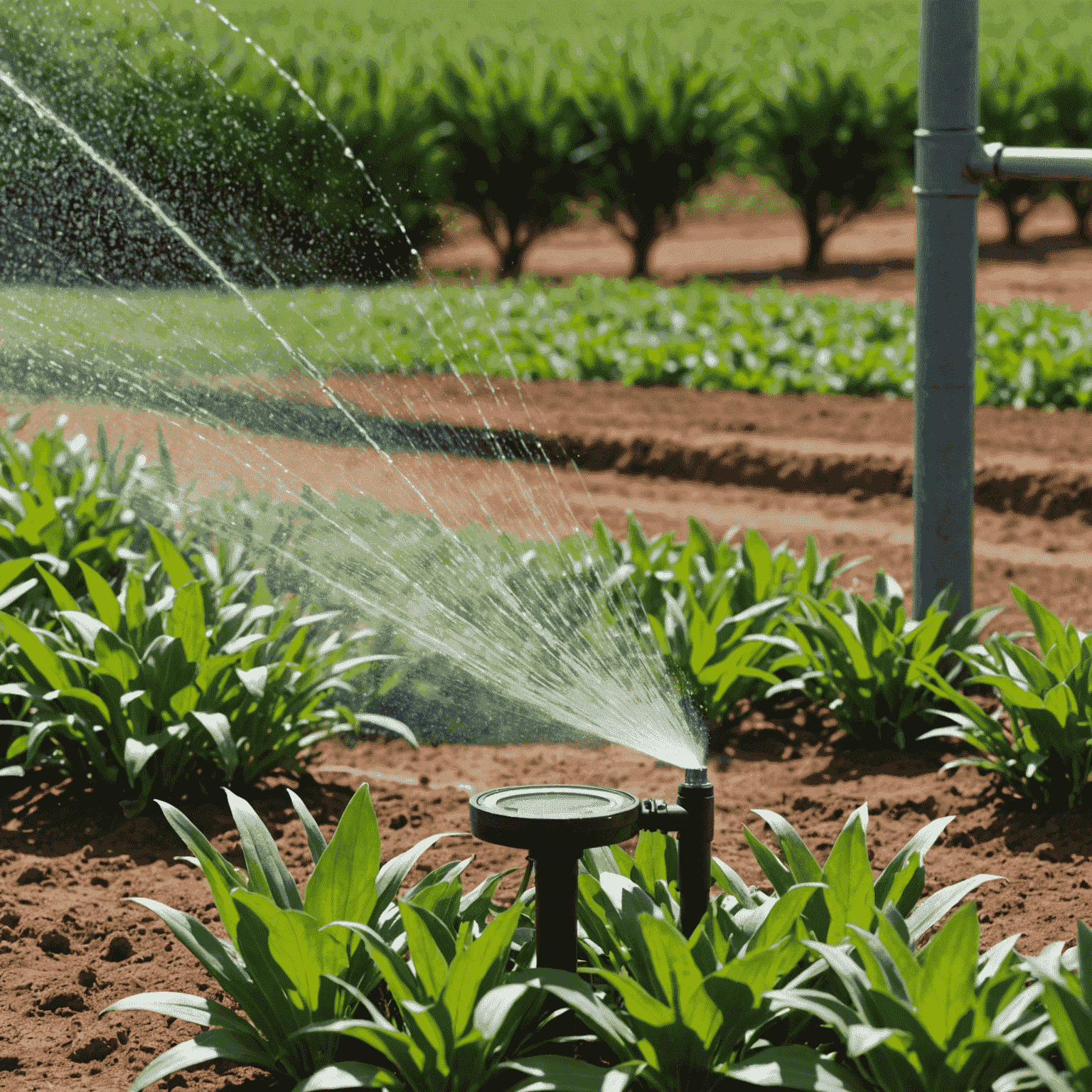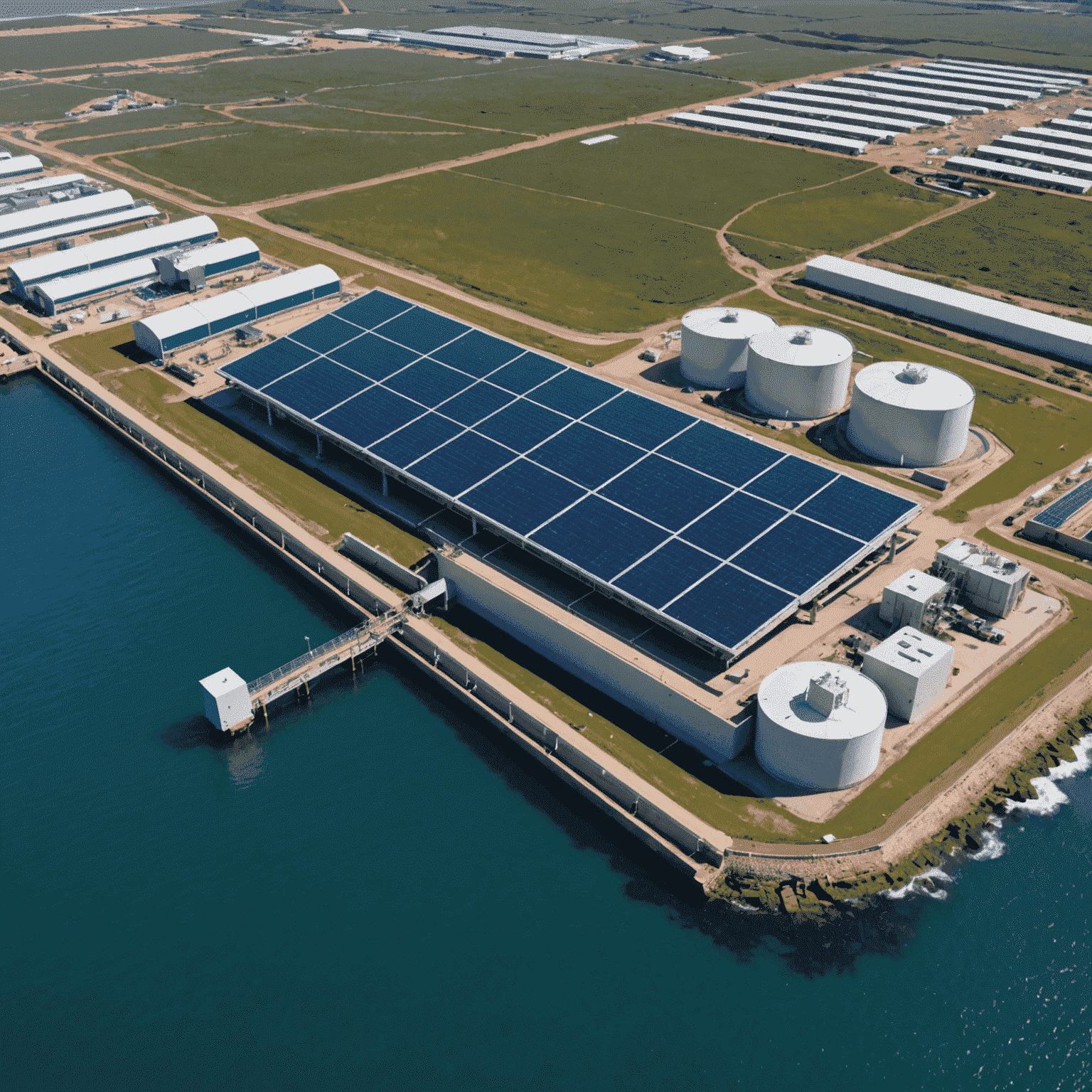Water Conservation Initiatives in South Africa

South Africa, a country known for its diverse landscapes and rich natural resources, is at the forefront of implementing innovative water conservation programs and technologies. These initiatives are crucial in preserving the nation's precious water resources and ensuring sustainable development for future generations.
Smart Irrigation Systems
One of the most promising developments in water conservation is the implementation of smart irrigation systems across agricultural regions. These systems utilize advanced sensors and weather data to optimize water usage, ensuring that crops receive precisely the amount of water they need, when they need it. This technology has shown remarkable results, with some farms reporting water savings of up to 30%.

Urban Water Recycling Programs
In major cities like Johannesburg and Cape Town, innovative water recycling programs are being implemented to reduce the strain on freshwater sources. These initiatives involve treating wastewater to a high standard, making it suitable for non-potable uses such as irrigation of public parks, street cleaning, and industrial processes. Some pilot projects are even exploring the potential for indirect potable reuse, further stretching the country's water resources.
Desalination Technologies
With its extensive coastline, South Africa is investing in cutting-edge desalination technologies to supplement its freshwater supply. New plants are being designed with energy efficiency in mind, often incorporating renewable energy sources to power the desalination process. These facilities not only provide a reliable water source for coastal communities but also serve as hubs for research and development in water treatment technologies.

Community-Led Conservation Efforts
Grassroots initiatives are playing a crucial role in water conservation across South Africa. Local communities are being empowered through education and skills development programs to implement water-saving techniques. These range from rainwater harvesting systems to drought-resistant gardening practices. The success of these programs highlights the importance of community engagement and leadership training in achieving sustainable water management goals.
Conclusion
South Africa's commitment to water conservation is evident in the diverse range of initiatives being implemented across the country. From high-tech solutions in agriculture and urban areas to community-driven projects, these efforts are not only preserving water resources but also fostering innovation and skills development in the water management sector. As the country continues to face water scarcity challenges, these initiatives serve as beacons of hope and models for sustainable water use in Africa and beyond.